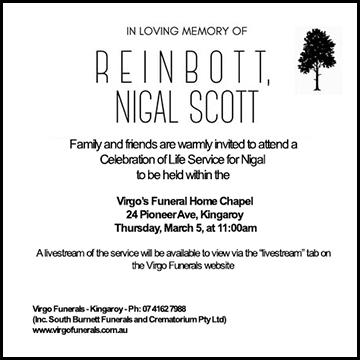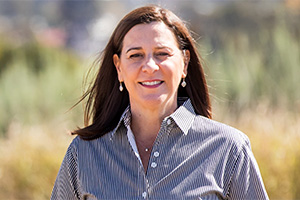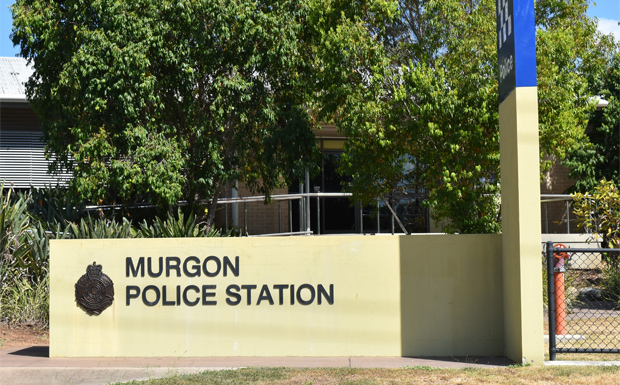
June 26, 2018
South Burnett Mayor Keith Campbell has defended a decision in the 2018-19 Budget to charge rural landholders more for roadworks than town dwellers.
The Budget, which comes into operation on July 1, has folded the former $200-per-year Road Levy into the general rate.
The result is that while residential ratepayers will face an average 2.5 per cent increase on their annual rates bill, some rural landowners will be hit with a rise of up to 6 per cent.
On Tuesday, Mayor Campbell said rural ratepayers had claimed they received no services from the council except for roads, and they were right.
“We’ve taken a look over our figures and last year rural ratepayers contributed $450,000 to the Road Levy,” Mayor Campbell said.
“At the same time, residential ratepayers in our towns and villages contributed $2.8 million, which is more than six times as much.”
The mayor said if Council looked beyond the Road Levy to rates in general, last year rural ratepayers contributed about $6 million in total.
“This is still less than the total amount this Council spends on rural road maintenance each year,” Mayor Campbell said.
“So when our rural ratepayers say they don’t get any service from Council except roads, I accept this is true, but they don’t pay for any other services, either.
“All their rates contributions go straight back into the rural road network.
“This means if they ever use a library or a swimming pool or a waste transfer station, those services are being paid for by other ratepayers.”
The Mayor said anger which erupted on social media when it was announced rural ratepayers would be hit with a higher average rise than “townies” was understandable, but not fair.
“Not every rural ratepayer will receive a significantly higher rate bill next year,” he said.
“Our figures show that roughly 300 rural ratepayers will face a rise of somewhere between $0 and $40 next year.
“About 400 will face a rise of $40 to $100 a year; another 400 a rise of $100 to $200 a year; and another 400 a rise of $200 to $500 a year.
“Only 258 rural ratepayers will face an increase of more than $500, and those are all substantial rural businesses.
“In addition – because they are businesses – their rates are a business cost that can be written off their taxable income.
“This is something most residential ratepayers can’t do.”
The Mayor said he understood farmers didn’t have an easy time of things and shared their frustration that getting the region’s rural road network into good shape was taking longer than everyone wanted.
But he denied rural landholders were being treated unfairly.
“We are not charging for services Council doesn’t provide to our rural residents,” he said.
“But the one service we do provide – roads – is very expensive.
“All we’re asking is that the people who benefit most from this to pay a little more so we can fix their roads faster.”
Related articles:

























Does that mean our general rate have gone up over $200 and you call that 2.5 per cent rise?
Not to sure I agree with the logic explained here.
Townies use rural roads –
– To to get to work.
– To get to various markets and events
– To receive goods and services.
Indirect employment is a direct result of those country roads, pigs, cattle, grains etc etc.
We all should pay. However, it’s a little bit of a long stretch to believe that rural business should pay more than anyone else in the area.
What would be good to back up his figures is publication of a detailed road maintenance expenditure plan for 2018 by area.